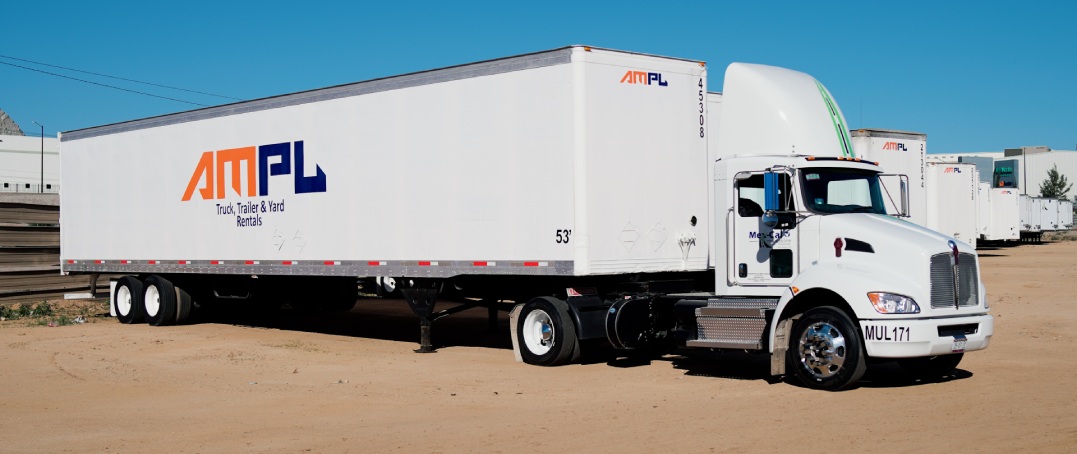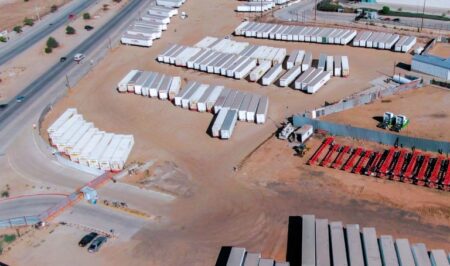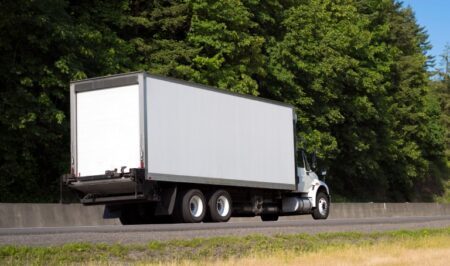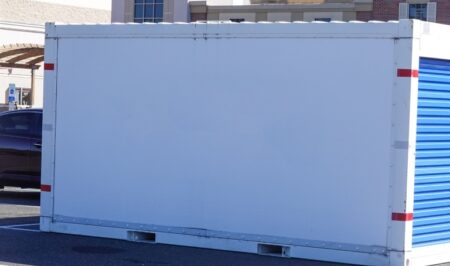What to look for in Equipment Trailer Rentals
Renting an equipment trailer is cost-effective for transporting construction materials, heavy machinery, or other large items. However, several factors, such as your needs, budget, the type of equipment trailer, and safety features, must be considered to ensure you get the best trailer. This article will explore the benefits of equipment trailers and what to look for in equipment rentals to get the best trailer for your needs.
Benefits of Equipment Trailers
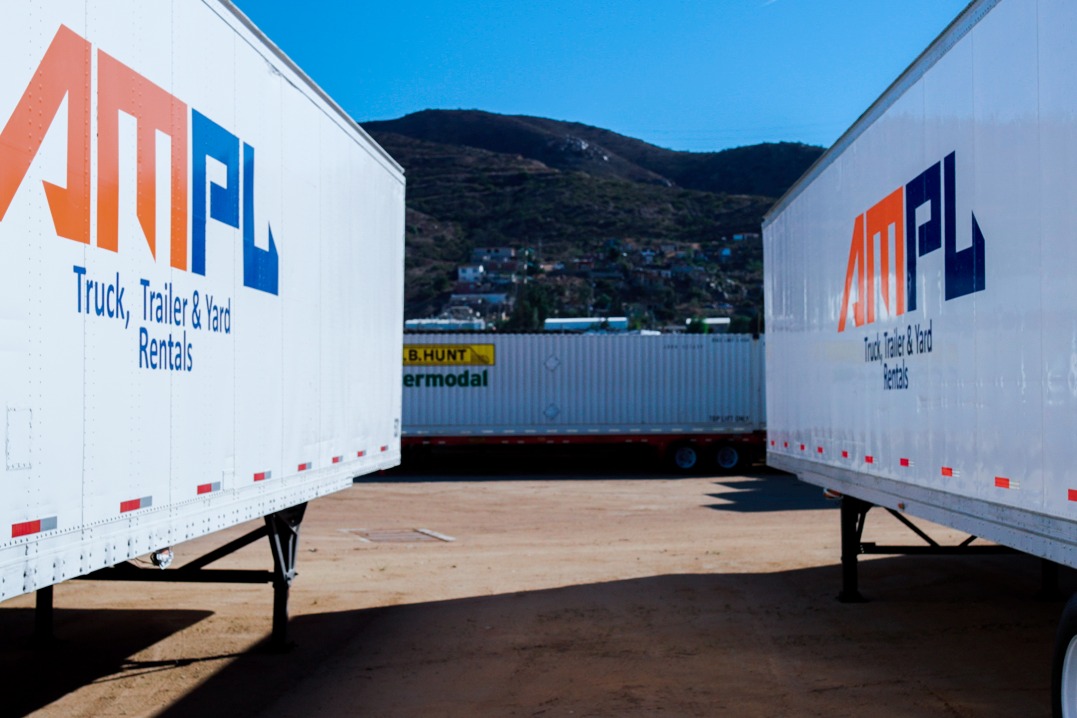
Equipment trailers have many benefits. Here are some of the benefits:
- Versatile cargo capacity: Equipment trailers come in various sizes and payload capacities, allowing you to transport a wide range of equipment, machinery, vehicles, and large or bulky items.
- Ease of loading and unloading: Many equipment trailers have features that simplify cargo loading and unloading. Ramps, beavertails, hydraulic lifts, or tilt beds make driving or rolling equipment onto the trailer easier, saving time and effort.
- Enhanced safety: Equipment trailers are built with stability and safety in mind. They feature sturdy construction, reinforced frames, and reliable braking systems to secure heavy loads’ transportation.
- Efficient towing: Pickup trucks, SUVs, or specialized towing vehicles can tow equipment trailers. The weight of the cargo is evenly distributed, improving towing stability and reducing strain on towing vehicles. This allows for more efficient and controlled towing, even on long-distance journeys.
- Increased productivity: An equipment trailer easily transports equipment and machinery to different job sites. This saves time and resources that would otherwise be arranged for third-party transportation or hiring.
What to Look for in Equipment Rentals

Consider Your Needs
An equipment trailer is specialized for transporting heavy equipment, machinery, vehicles, and other large or bulky items. It is designed to handle the weight and size of big and heavy items conveniently and efficiently. It has a loading system that includes swing-up loading ramps or a tilting floor to ease the loading of your cargo. It is, therefore, essential to determine the type of cargo you will be loading. It could be agricultural and construction equipment like tractors, backhoes, harvesters, excavators, front-end loaders, or vehicles like cars, motorcycles, recreational vehicles, trucks, and other vehicles that cannot be transported in enclosed trailers. Take inventory of your items to be transported to choose the right trailer.
Consider your load and keep the following in mind:
- Load Capacity: Can the trailer handle the weight of your cargo? Overloading can lead to safety issues and damage both the trailer and the towing vehicle.
- Trailer dimensions: The trailer size should comfortably accommodate your cargo. Measure the items’ width, length, and height to ensure they fit on the trailer.
- Towing vehicle compatibility: Verify that your towing vehicle is compatible with the trailer’s hitch system and can handle the trailer’s weight and cargo.
Budget
Trailer rentals are charged approximately $150 to $300 per day. Short-term rentals usually range from $25 to $50 per hour, but not all trailer rental companies offer hourly rentals. AMPL Trailer Rental provides mobile services for repairs on the road if needed, cross-border rentals to and from Mexico with equipment on both sides of the border, and equipment placement services. Early bookings for an equipment trailer rental and renting it on a weekday instead of a weekend could save money. Also, evaluate what you will need, like straps or extended loading ramps, and if it is included in the rental.
Type of Equipment Trailers
The following are more popular equipment trailers to transport heavy and bulky loads:
- Lightweight equipment trailers are made with lighter materials to facilitate driving and save money while transporting equipment and materials.
- Pipe-rail equipment trailers allow you to transport large or tall items easily without worrying about the equipment moving or being damaged.
- Heavy-duty equipment trailers are designed to transport heavy and bulky machinery and equipment over long distances.
- Lowboy equipment trailers sit close to the ground, making it easy to load and unload.
Safety Features
Safety features are a top priority when renting a trailer. Pay special attention to the following:
- Brakes: Electric or surge brakes are essential for safe stopping, especially when hauling heavy loads.
- Tie-down points: Ensure the trailer has adequate tie-down points to secure your load and prevent shifting during transit.
- Safety chains: These provide an additional layer of security in case the trailer becomes detached from the towing vehicle.
AMPL Trailer Rental offers versatile trailers to meet different needs and can help you choose the best one. By understanding your needs and budget, the equipment trailers available, and the safety features, you can select the right equipment trailer for your needs. Contact AMPL Trailer Rental to get the best deal.



